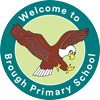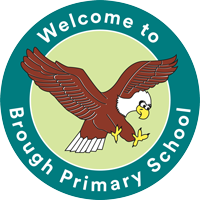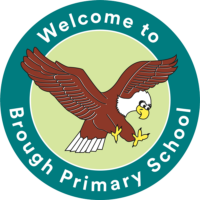At Brough Primary School we make provision for children with Special Educational Needs and/or Disability within each of the four categories defined in the 2015 SEND Code of Practice (para 6.28 – 6.35):
• Communication and Interaction
• Cognition and Learning
• Social, Emotional and Mental Health
• Sensory and/or Physical
It is not uncommon that children may have SEND that falls into one or more of the above categories.
Cognition and learning
Support for learning difficulties may be required when children and young people learn at a slower pace than their peers, even with appropriate adaptations and differentiation.
Learning difficulties cover a wide range of needs, including moderate learning difficulties (MLD) and severe learning difficulties (SLD), where children are likely to need support in some, or all areas of the curriculum and may have associated difficulties with mobility and communication. When children have profound and multiple learning difficulties (PMLD), they are likely to have severe and complex learning difficulties as well as a physical disability and sensory impairment. A child can also have a specific learning difficulty (SpLD) which may affect one area of their learning and encompasses a range of conditions, such as dyscalculia, dyslexia and dyspraxia.
Phonic/Dyslexia support at Brough Primary School
The school is aware that there may be at least 10% of children in the school with additional needs in the form of Dyslexia. This is in addition to those with other Literacy difficulties. There are specific teaching assistants in the school who have additional training which allows them to deliver multi-sensory programs of work beneficial to those with phonic difficulties and Dyslexia. Children will work on a 1-1 program 2 or 3 times weekly and concentrate on phonics, spelling and reading. Throughout the sessions the children will develop their memory skills, which is another significant difficulty for some children. The school also uses computer programs such as Wordshark to aid spelling and reading.
The school is happy to make initial assessments for children with Literacy difficulties which may or may not be related to Dyslexia. Advice as to ways parents can help at home will be given and teaching assistants are happy to demonstrate the work they do with their child in school. Additional assessments and 1-1 support is discussed with the parents and progress is monitored and shared.
We work closely with our attached Educational Psychologist and other agencies to identify and support children’s learning. Please refer to out SEN Information report for more information.
Useful, fun websites with highly visual games for using with your children to consolidate early skills:
www.starfall.com
www.ictgames.com
www.topmarks.co.uk
www.crickweb.co.uk



